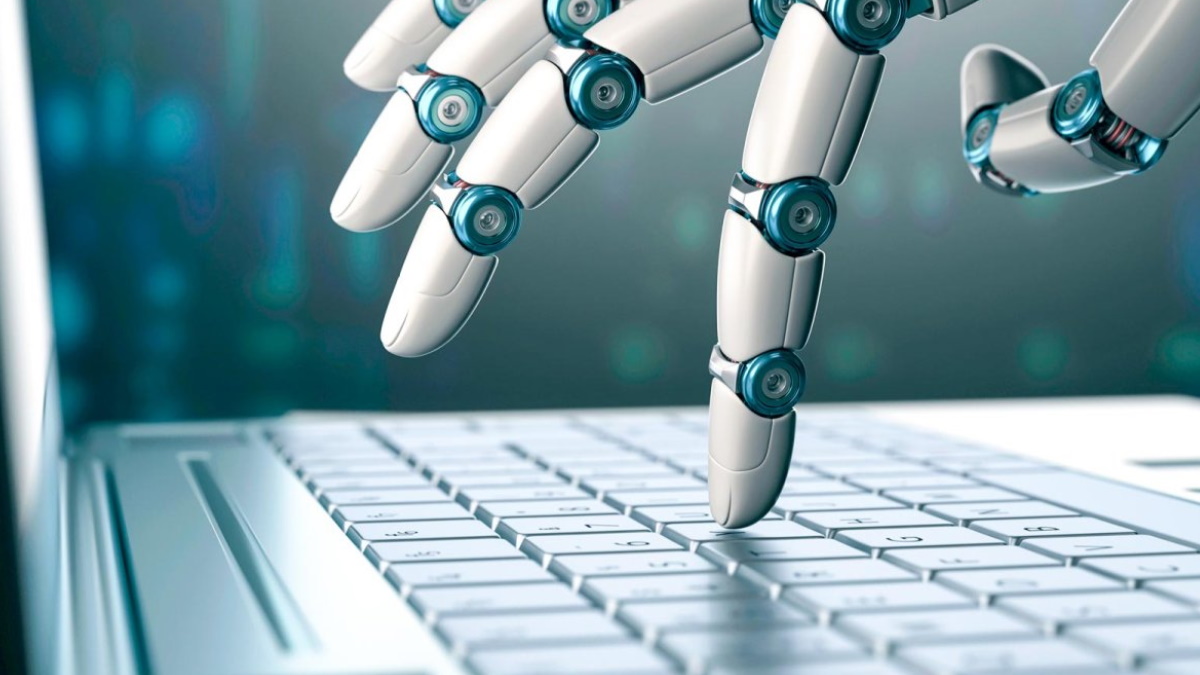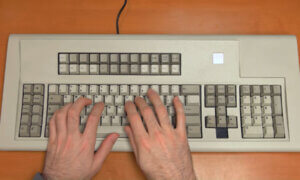Between smartphone releases and Apple updates, you probably failed to pay attention to IBM‘s huge accomplishment. The company managed to turn a single atom into a hard drive #todaymagic
In the second week of the month, IBM announced they had succeeded in storing one bit of data on a single atom. Now, that sounds impressive only when you think about the size of the atom. But take into consideration this piece of information: a modern hard drive usually needs about 100,000 atoms to store a single bit. The fact that scientists have managed to overcome that obstacle and reduce the number of atoms to one is huge! With this tech, one day we could see up to 35 million tracks stored onto a disk that’s the size of a credit card.
This was accomplished by putting one atom of holmium on a magnesium oxide surface to keep the magnetic poles stable. Then, a magnetic needle was used to conduct a current through the atom, which in turn flipped its orientation. To read the data, the magnetic current has to be measured as it passes the atom. Depending on its magnetic position, the measurement will vary.
The single atom magnetic memory couldn’t have been achieved in the absence of a liquid nitrogen-cooled Scanning Tunneling Microscope and vacuum. Since that is IBM’s Nobel prize-winning invention, no other research facility could have achieved this result.
‘Magnetic bits lie at the heart of hard-disk drives, tape and next-generation magnetic memory. We conducted this research to understand what happens when you shrink technology down to the most fundamental extreme – the atomic scale’, said Christopher Lutz, the lead nano-science researcher at IBM Research.
Follow TechTheLead on Google News to get the news first.






















